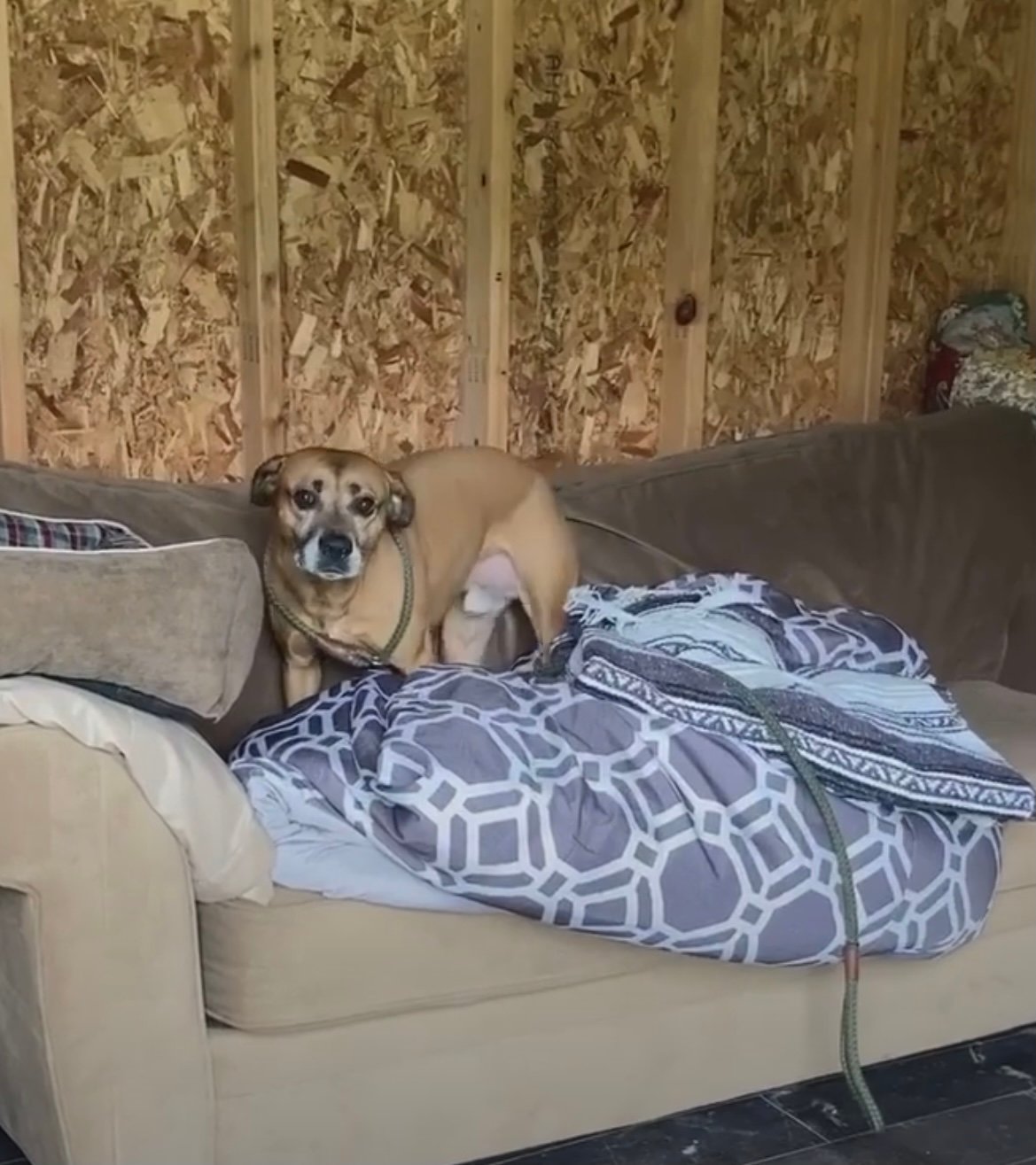Miniature houses have rescue dogs feeling right at home
It is easy for animal rescue shelters to become overcrowded, and when overcrowding happens, some shelters turn to euthanasia, but not this St. Augustine based shelter.
S.A.F.E. Pet Rescue was founded in 2008 by Robin Kanter-Nordan to give the overlooked and underappreciated animals in euthanasia shelters a second chance at adoption.
The non-profit organization is donation and volunteer based, and throughout the years has saved more than 7,000 animals. There are two locations, one in North St. Augustine Beach and one in South St. Augustine Beach, and a thrift store, where proceeds raised are used for the animals.
S.A.F.E has helped hundreds of animals find their new families and has taken even more steps to ensure the comfort of their long-term residents.
S.A.F.E’s third unofficial location in Hollister, a city just west of Palatka, is home to the rescue’s unique dogs. The dogs who suffer from fear and anxiety, who need a little extra love. Recently, Kanter-Nordan and the S.A.F.E. Pet Rescue organization have purchased four tiny homes to be used for the dogs in this facility.
The tiny homes were built by the Pit Sisters organization. Three of which were purchased by S.A.F.E, and Pit Sisters donated the fourth.
“[The] tiny houses give volunteers and long-term dogs a chance to spend quality time in a home-like environment,” said Kanter-Nordan in a Facebook post. “It brings them so much joy and comfort.”
At the moment only one of the four homes is operational, with running electric, air conditioning, couches and a radio. The other three are awaiting electrical installation and cannot be used until then.
Pamela Ray Johns, the head dog walker and volunteer for long-term dogs, drives more than 50 minutes multiple times per week to walk and care for the dogs in the Hollister location, because she said they need it.
“These dogs… I call it Misfit Island,” Johns said. “They are kind of the ones who have been put aside. They need some extra attention.”
For the future, Johns said the organization is working to install electricity in the other three tiny homes and get them operational as soon as possible. All furnishings for the tiny homes have come from donations from volunteers, and the organization plans to continue providing the most comforts of home to their long-term dogs as they possibly can.








